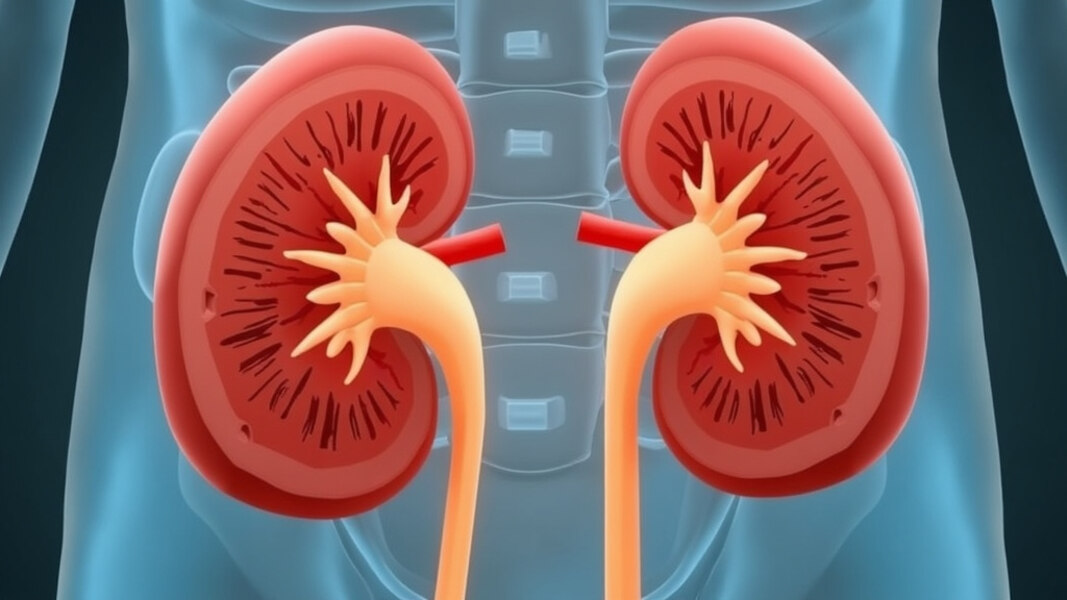
low functioning kidney symptoms
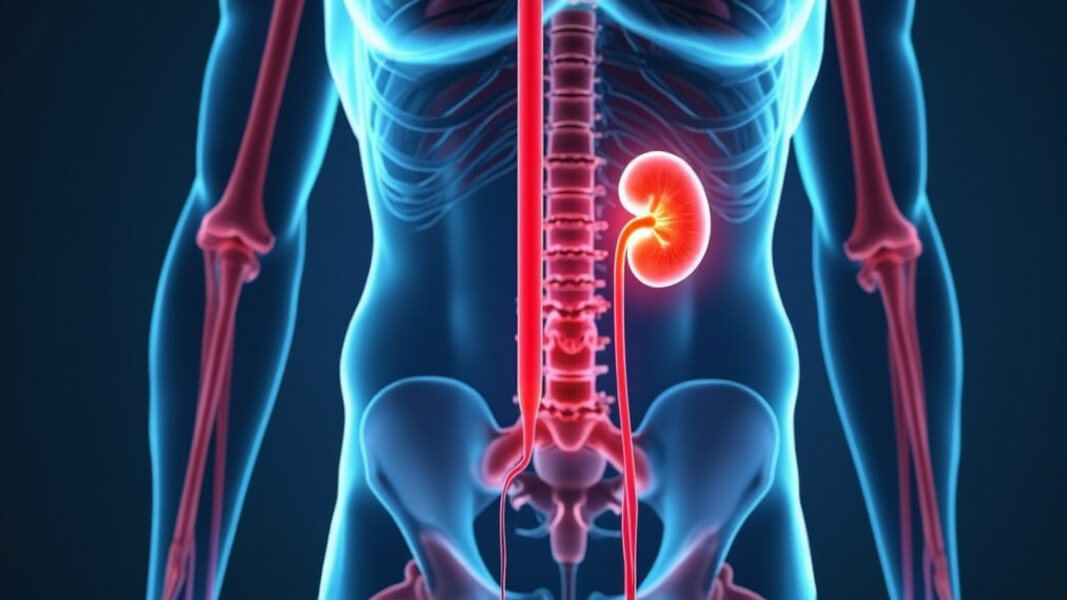
low functioning kidney symptoms Are Failing—Don’t Ignore. These low functioning kidney symptoms One of the most frightening diseases, kidney disease, affects almost 37 million individuals in the United States.
The worst part is that symptoms may not appear until up to 90% of renal function has been lost. The symptoms frequently go unnoticed until the kidneys are close to failure.
The goal is to control it at stage one, and for that, you must all be aware of the early signs and low functioning kidney symptoms so you do not confuse them for low functioning kidney symptoms of less severe conditions or ignore them entirely.
So let’s discuss 13 common signs that you should watch out for.
Know the symptoms of kidney damage?
Kidney works like a filter in our body. If this organ is affected for some reason or if there is any infection in the kidney, one after another complex problems start nesting in the body.
Therefore, doctors explain kidney problems or diseases as ‘silent killers’.
low functioning kidney symptoms problems or diseases are explained by doctors as ‘silent killers’.
Before kidney damage occurs, some physical symptoms can tell you how your kidneys are doing. Silently, this disease can settle in the body and kill you completely.
Recent studies show that kidney damage ranks second only to heart attack among the serious health complications in humans.
Let’s see its symptoms-
1.Fatigue and weakness

Fatigue and weakness are common symptoms of kidney failure because the kidneys play a vital role in maintaining the body’s overall health and balance.
When kidneys are not functioning properly, they can no longer effectively remove waste and excess fluids from the body, which leads to toxins in the blood, making you feel tired and weak.
Additionally, kidney failure also causes a decrease in the levels of a hormone called erythropoietin, which regulates the production of red blood cells.
This leads to anemia, which can cause fatigue and weakness.
However, keep in mind that fatigue and weakness can be signs of kidney failure, but they can also be caused by a variety of other factors, such as a lack of sleep, a poor diet, or just being a little lazy.
So before you start worrying about your kidneys, try getting a good night’s sleep and eating a balanced meal.
And if you suspect that you may have a kidney problem, it is best to consult a doctor to get checked out.
2.Foam in urine

When your kidneys are not functioning at their best, they can’t filter the blood as effectively, and all the good stuff, like proteins and other important molecules, just ends up in your urine.
That’s where the foam comes in; the proteins in the urine can make it all bubbly and frothy. This condition is called proteinuria.
It is important to note that foamy urine is not always caused by kidney failure; other things, like a high urine flow rate, can also create bubbles in the urine and make it foamy.
3.swelling

It is important to be careful if the face and eyes suddenly swell abnormally. Doctors say that low functioning kidney symptoms problem cause permanent swelling under the eyes or ankles or face.
If it lasts a week or two, it may be due to kidney problems. When the kidneys cannot remove water from the body, it accumulates in the body and causes swelling.
4.shortness of breath
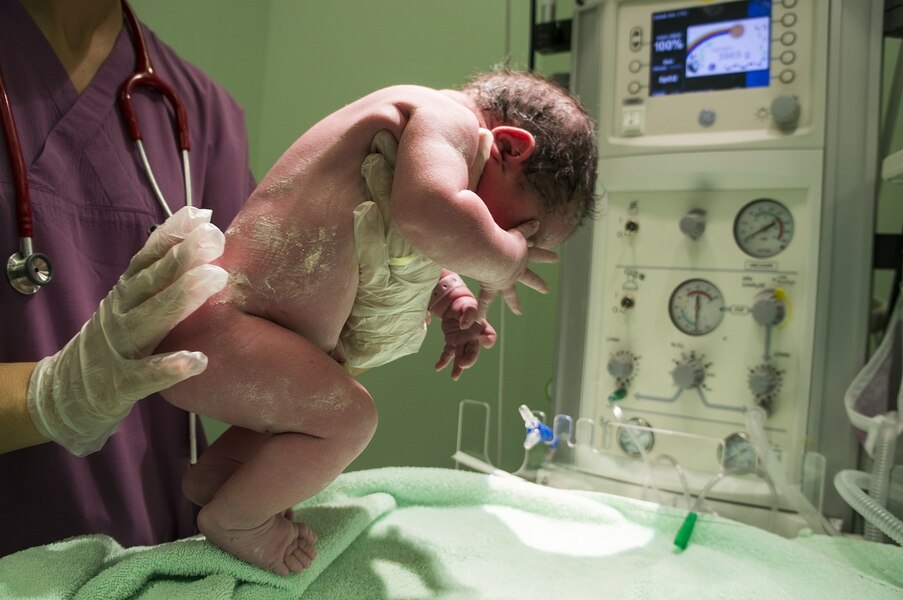
Shortness of breath is a physical condition when a person feels that he is not able to breathe well enough and comfortably. It is called dyspnea in English medical terms.
In order to measure dyspnea, three parameters have to be taken into consideration: the intensity of the different types of feelings related to it, the intensity of the distress, and its impact on daily life.
low functioning kidney symptoms of shortness of breath include a feeling of having to work for breath, chest tightness, and gasping for air (a feeling of lack of oxygen).
Excessive physical exertion can cause symptoms of normal shortness of breath. But if shortness of breath starts in unusual circumstances or with little exertion, then it is considered a symptom of disease. In 85% of cases,
It is caused by asthma, lung inflammation (pneumonia), cardiac ischemia, pulmonary embolism, hypertensive heart disease, chronic obstructive pulmonary disease, or a psychogenic cause such as panic disorder and anxiety.
Usually, treating the underlying cause also treats the respiratory distress. Kidneys maintain fluid balance in our body. Many also experience chest pain in this case.
5.insomnia

When the kidneys cannot excrete water from the body, some water accumulates in the lungs.
That can cause sleep problems.
Patients with insomnia or insomnia have difficulty falling asleep or staying asleep at will. It is usually characterized by daytime sleepiness, low energy, irritability, and depressed mood. This may increase the risk of road vehicle accidents.
Also may have trouble focusing on a task and learning. Insomnia can be short-term. May last for a few weeks or longer term such as more than a month. Insomnia can occur alone or as a side-effect of other problems. Conditions that can cause
Insomnia includes psychological stress, chronic pain, heart failure, hyperthyroidism, heartburn, menopause, certain medical medications, caffeine, nicotine, and alcohol.
low functioning kidney symptoms risk factors include night work and sleep-disordered breathing. Diagnosis is based on sleep habits and an examination to look for underlying causes.
An underlying sleep disorder can be detected by analyzing one’s sleep. Screening can be done with two questions: “Do you have trouble sleeping?” Do you have trouble sleeping?”
Signs and symptoms
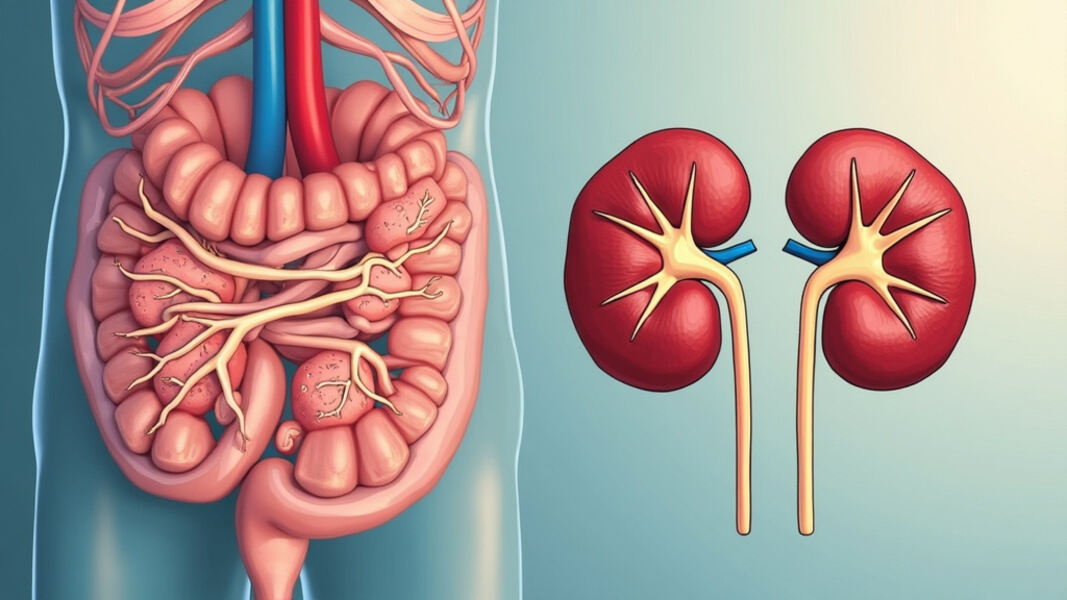
Possible complications of insomnia.
Symptoms of Insomnia:
- Difficulty finding a comfortable sleeping position and difficulty falling asleep
- Night waking, inability to sleep and early awakening
- Inability to concentrate on daily tasks, difficulty remembering
- Daytime sleepiness, restlessness, depression or anxiety
- Feeling tired or low energy during the day
- Difficulty concentrating on work.
- Being irritable, aggressive or impulsive.
- forecast
- A statistic from 2004. It shows the rate of insomnia per 100,000 people.
Symptoms of Insomnia:
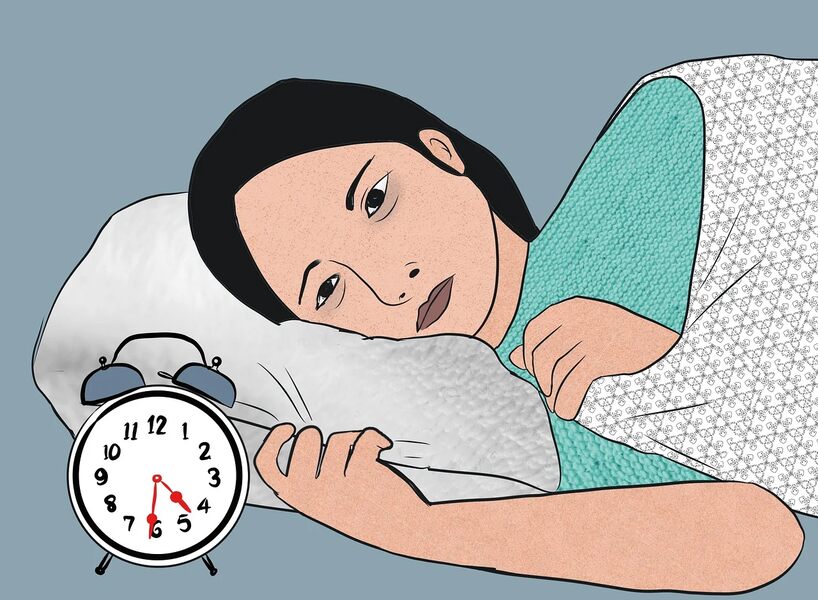
Stopped breathing during sleep, such as sleep apnea or upper airway obstruction[12]
Certain medications, weed, caffeine, nicotine, cocaine, amphetamines, methylphenidate, aripiprazole, MDMA, modafinil, or excessive alcohol intake.
Also psychoactive drug use[13].
Use or withdrawal of alcohol and other sedatives, such as antidepressants and hypnotics such as benzodiazepines.
Use or withdrawal of pain-relieving opioids
Heart disease
Restless leg syndrome, which can cause insomnia
Periodic limb movement disorder (PLMD), which occurs during sleep and can be triggered by arousal.
Pain, injury to any part of the body can make it difficult for a person to find a comfortable position while sleeping.
Hormonal shifts such as before and during menopause
Everyday events like fear, stress, anxiety, emotional tension, work problems, financial stress etc
Bowel problems such as heartburn or constipation
6.Skin rash

An imbalance of minerals and nutrients in the blood causes skin rashes and itching. When the kidneys are not functioning properly, there is an imbalance between minerals and nutrients in the body.
Many people develop skin rashes due to the dryness of winter. Some people experience skin rashes.
To avoid this problem, it is important to follow some rules along with cleanliness. Dhaka Medical College honorary medical officer and dermatologist Dr. advised. Md. Raihan Uddin.
Rashes can be of different types. For example, itchy, red patches, bumps or rashes. Skin rashes can appear at any age or at any time. This problem is more common in some people in winter.
Having a rash or rash on the face is quite an embarrassing situation to face. Skin rash or rash can be infected due to various reasons. For example –
- If the skin burns
- Exposure to something that triggers an allergy
- food allergies
- Certain diseases
- Lack of cleanliness
- in more dryness of the skin
- Exposure to sun, heat or heat
- Using ingredients that are harmful to the skin
- Rashes can also develop from rubbing against new shoes or clothing.
Hardam makeup is now being used to make yourself more beautiful and attractive.
A makeup mistake can also cause a skin rash. Oily makeup on oily skin clogs the pores of the skin’s sweat glands. For this, it is very important to understand the skin type and get the right makeup.
Make-up should be done after knowing the skin type from a skin and dermatologist. At least you don’t have to get a rash or any other problem on your skin due to wrong makeup.
For example, if you have oily skin, you should wear dry makeup.
7.Loss of attention

Decreased low functioning kidney symptoms lead to the production of pollutants and toxins in the blood.
Due to which you feel tired, weak. You will also lose focus on work. At this time, blood loss appears.
Can’t focus on anything lately? Sitting down to read all the time Habijabi thoughts come to mind? Or he started working with deep concentration and suddenly discovered that he was thinking about something else.
But why is this? Can there be any physiological or psychosocial problems behind it?
First, let’s get to know some of the distractions.
1.Environmental factors
- More engagement on social media.
- Mismanagement of time.
- Not having a fixed work routine.
- Sudden daydreaming at work.
- Dislike your work.
- Not being able to say ‘no’ easily to someone even if you don’t want to.
- Lack of study or work environment.
2.physical cause
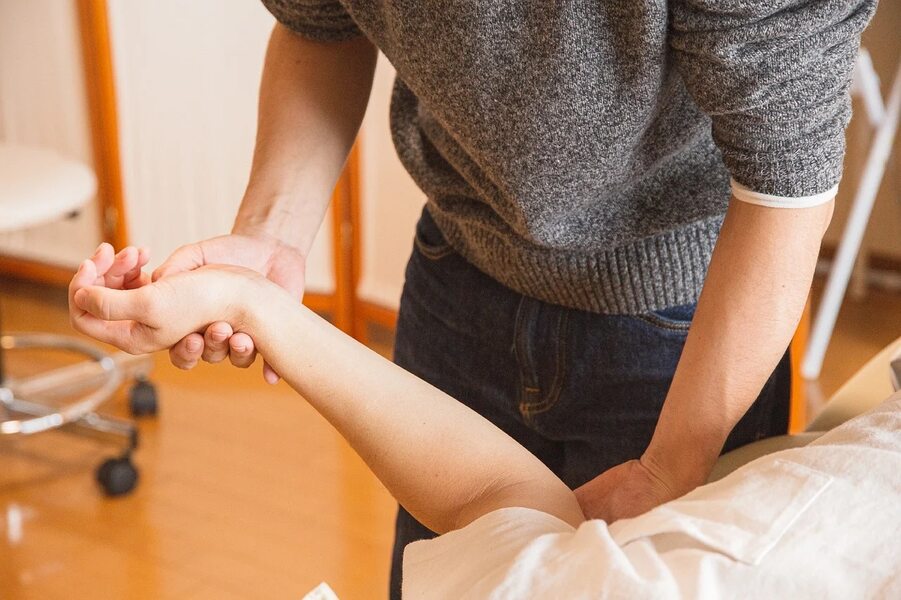
Not getting enough sleep at night. Due to which there is tiredness and shivering throughout the day.
Not eating nutritious food or eating too much fast food, which creates fatigue in the body.
Not doing sports or physical exercise or having even a little time for yourself. It disturbs mental peace.
Certain physical problems, such as thyroid hormone deficiency, anemia, sleep apnea, etc., can cause cognitive deficits, lethargy, forgetfulness.
Why Honey Nuts Are in the Discussion, Nutritionists Are Saying
How to increase focus to low functioning kidney symptoms
- Set up a suitable environment for yourself. For example, a quiet corner of the room or a place by the window for studying or a public library, where you see many others studying, you will want to study too.
- It is important to start well. If you start, study or work will progress, but many times this start is not done. So start with confidence.
- One should first try to solve the difficult task without avoiding it.
- It is better to have a proper routine. If you have a routine, you should be faithful to it, do not change the routine in any way.
- Keep mobile phones away, internet connection should also be switched off. Many people wonder what will happen if an important call comes.
You can check it later. Because being ‘social’ for five minutes, you will not understand how two hours will be lost.
8.excessive thirst

Excessive thirst is a common low functioning kidney symptoms caused by various factors, including dehydration, certain diseases, and lifestyle habits.
Common causes include diabetes, dehydration, anxiety, excessive sweating, psychogenic polydipsia, and digestive issues.
Diabetes can lead to excessive thirst due to the body’s inability to process excess sugar, resulting in increased urination and fluid loss.
Dehydration can occur from conditions like food poisoning, diarrhea, fever, and excessive sweating. Anxiety can also contribute to thirst by reducing saliva production and increasing stomach acid.
Excessive sweating, especially in hot environments, can cause dehydration and thirst. Digestive issues, particularly related to consuming oily or spicy foods, can also increase thirst.
To address excessive thirst, it is essential to drink adequate water daily and avoid dehydrating factors.
Home remedies like chili powder, fennel seed powder, and Veechan powder may provide relief in some cases.
If thirst persists, consulting a healthcare professional is recommended to identify and address any underlying health issues.
9.Muscle wasting, tremors and cramps and bone pain
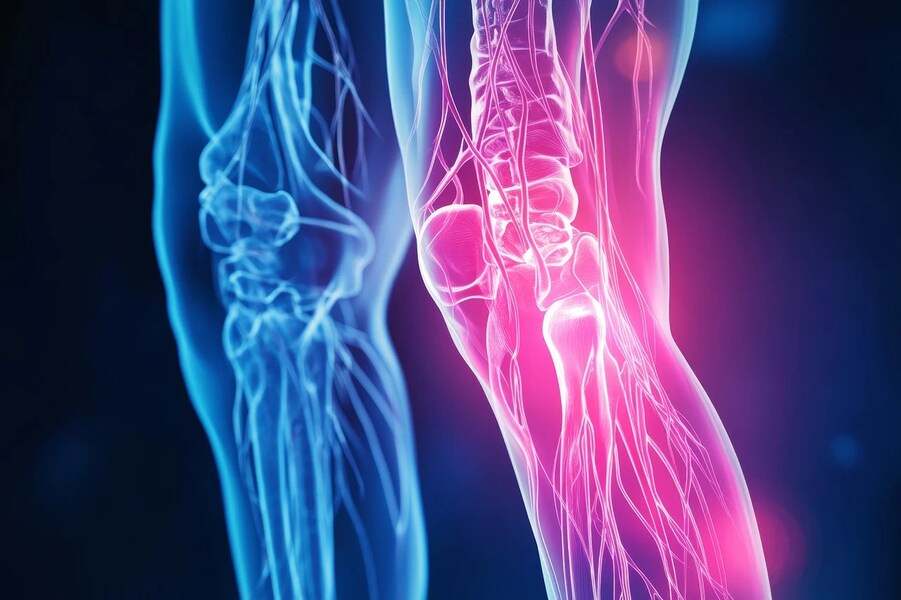
Muscle pain, tremors, cramps, and bone pain can be caused by various factors, including injuries, overexertion, viral infections, thyroid problems, rheumatoid arthritis, and chronic fatigue syndrome. These symptoms may be accompanied by tingling sensations in the muscles.
Sudden, intense exercise can lead to muscle pain, especially for those not accustomed to such activity.
Gradual increases in intensity and a warm-up before exercise can help prevent this.
Even experienced individuals may experience pain during exercise, which can worsen with continued activity and subside after rest.
Other symptoms may include weakness, numbness, tingling, burning, cramping, or tightness.
Muscle pain during sleep, often referred to as cramps, can be mitigated by drinking sufficient water and performing light leg exercises before bed.
Deficiencies in potassium, calcium, or magnesium may also contribute to this issue.
When experiencing muscle pain, rest, ice application, and warmth can provide relief. For injuries, elevating the affected area and applying a crepe bandage may be helpful.
Over-the-counter pain relievers like paracetamol can be used, but consulting a doctor is advisable for severe or persistent pain.
It is important to seek medical attention if muscle pain is accompanied by severe symptoms such as rashes, skin changes, shortness of breath, dizziness, weakness, fever, changes in tone or weight, constipation, hair loss, or altered activity levels.
Additionally, if muscle pain arises after starting or increasing a medication, consulting a doctor is recommended.
10.Restless leg syndrome and numbness in hands and feet

The causes of hand numbness vary depending on several factors. It can often feel like pins and needles, tingling, or a dull burning sensation. Some potential causes include:
Stroke: While most hand numbness is not an emergency, it can be a sign of a stroke. Early diagnosis is crucial to minimize brain damage.
Carpal Tunnel Syndrome: The carpal tunnel, a narrow opening through the wrist, houses the median nerve.
Repetitive tasks like typing or assembly line work can compress this nerve, causing numbness in the index, thumb, middle, and partial ring fingers.
Vitamin and Mineral Deficiencies: Severe B12, magnesium, or potassium deficiencies can contribute to hand numbness.
Medications: Certain medications, especially those used for cancer treatment, can cause nerve damage and numbness.
Slipped Cervical Disc: A ruptured or herniated disc can compress spinal nerves, leading to numbness in both hands.
Raynaud’s Disease: This vascular disorder causes blood vessel narrowing, resulting in numbness, coldness, and pain in the hands and toes.
Cubital Tunnel Syndrome: Repetitive motion or pressure on the elbow can compress the ulnar nerve, causing numbness in the left hand and fingers.
It may come and go and can be accompanied by other sensations.
Absence of feeling
- Burning and pain
- Feeling hot or cold
- Hand coordination problems
- Hypersensitivity to touch
- Your hands close and tingle
- Diagnosis
Physical signs, such as loss of sensation, altered reflexes, and weakness are assessed to diagnose hand numbness.
Through a physical evaluation, they may be able to identify whether the numbness is brought on by an acute problem (such as an arm injury) or a chronic disease (such as neuropathy) and whether it is caused by a problem affecting your spine, brain, or nerves.
11.Uncontrolled high blood pressure
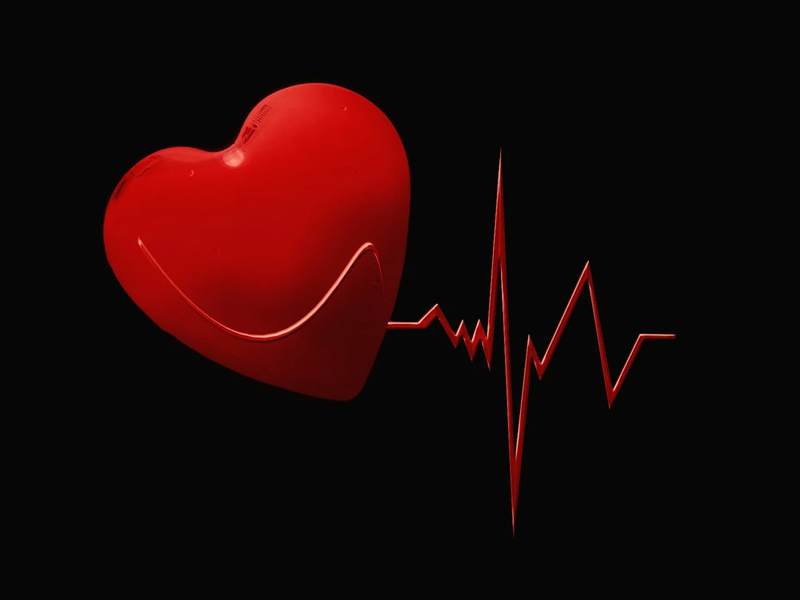
Uncontrolled high blood pressure (hypertension) affects over two and a half million people in Bangladesh.
Despite being easily identifiable and manageable with medication, only 14% of individuals with hypertension have their condition under control.
Untreated hypertension can lead to severe damage to arteries and vital organs, resulting in chest pain, heart attacks, and irregular heartbeats.
The Bangladesh Demographic and Health Survey (2017-18) found that 27.3% of adults in the country suffer from hypertension, with 59% unaware of their condition.
While 36% of those with hypertension seek treatment, only 12% have their condition controlled. Professor SM Mustafa Zaman, President of the Bangladesh Cardiovascular Research
Foundation, emphasized the importance of controlling hypertension to prevent serious non-communicable diseases.
The World Hypertension League and International Hypertension Society have set the theme for this year as “Measure blood pressure accurately, keep it under control and live long.”
Despite the availability of free hypertension medication at 299 upazila health complexes, many people remain unaware of this resource.
A survey conducted by Save the Children found that 14% of individuals in Narayanganj, Comilla, Mymensingh, and Rangpur City Corporation areas are at risk of developing hypertension.
The prevalence of hypertension among teenagers in the study was 16.2%, with higher rates observed among boys (23.6%) compared to girls (9%).
12.Eye swelling can also be cause
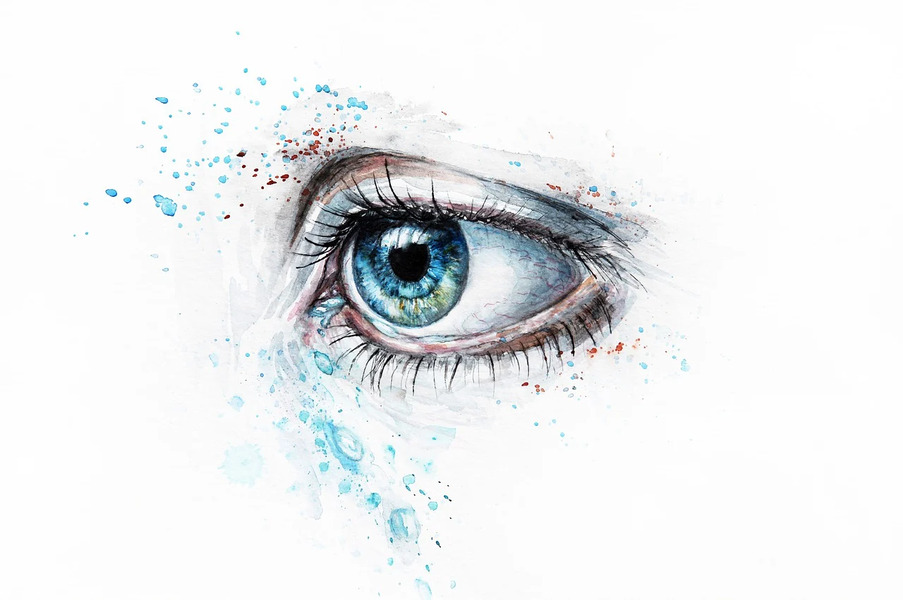
While some degree of swelling may be normal for certain individuals, factors such as age and fatigue can make swelling more prominent.
Normal aging – As a person ages, the skin around the eyes becomes thinner and may become puffy or droopy.
Also a gradual and usually permanent increase in the size of the suborbicularis oculi fat pad with thinning and weakening of the inferior musculature causes an apparent widening of the lower eyelid. [3]
Crying – Salt in tears can cause fluid retention in the eye area.
Hypothyroidism – buccal swelling and periorbital swelling due to infiltration of the
mucopolysaccharides hyaluronic acid and chondroitin sulfate, [4] draws fluid into the interstitial
space by osmosis.
Eye swelling
Periorbital Cellulitis – An inflammation and infection of the eyelids and the skin around the eyes.
It usually affects only the upper eyelid and can be unilateral or bilateral.
Chagas disease – also known as American trypanosomiasis.
Younger patients, often in the acute phase of the disease, manifest signs of Romana: unilateral,
painless, periorbital edema.
Cavernous sinus syndrome polyneuropathy. [6]
Mononucleosis – With supra-orbital edema, the eyes become swollen and puffy. This can occur in the early stages of infection. [7]
Sleep deprivation – Disrupted sleep cycles are common causes of puffy eyes. [citation needed]
Fluid Retention – Many conditions (including hormonal changes with pregnancy and menstruation) can cause fluid retention, especially in the subcutaneous tissue.
This condition can cause puffiness around the eyes to become more prominent.
Diet – Too much dietary sodium promotes fluid retention and can lead to puffy eyes. [citation needed]
Alcohol and tobacco use – alcohol and tobacco can cause stress, fatigue and hormonal changes; All of which can cause fluid retention and swelling around the eyes. [citation needed]
Allergies – Allergic reactions can cause leakage of subcutaneous capillary beds that can cause swelling of the face, including around the eyes. [citation needed]
Skin disorders – Eye swelling can be a side effect of some skin disorders, such as dermatitis, if the affected area becomes very sensitive, causing swelling. [citation needed]
Nephrotic syndrome – Swelling around the eye is the first site. [citation needed]
Trichinosis – Periorbital edema, fever, and muscle pain are the main symptoms that result from eating raw, infected pork. [citation needed]
Superior vena cava obstruction
Severe and persistent swelling can be a sign of other serious medical conditions.
A cold compress near the eye can act as a short-term remedy because the cold temperature constricts the blood vessels, preventing fluid flow to the tissues and reducing swelling in the process.
Elevating the head while sleeping can prevent gravitational redistribution of fluid from puffy eyes
13.Kidney stones
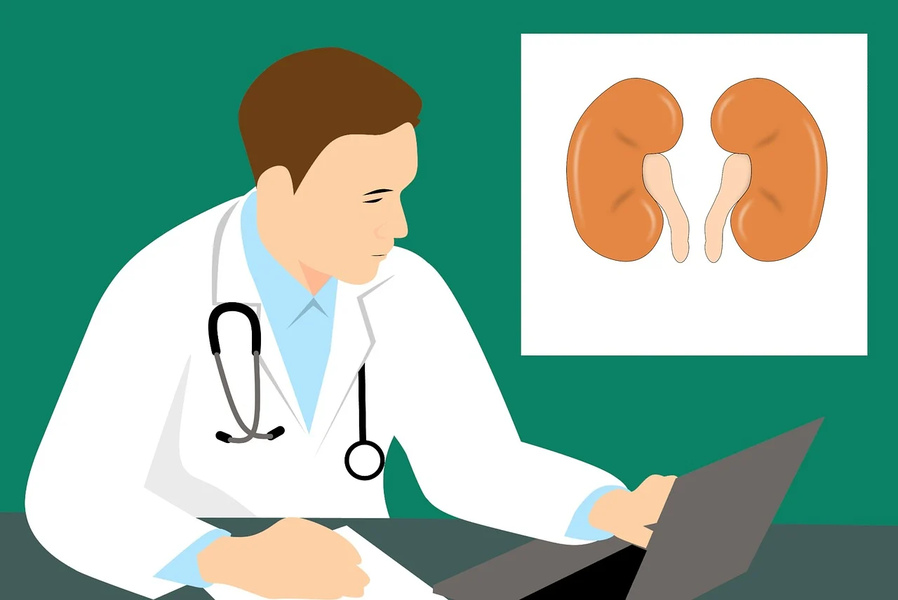
Urine contains a lot of salt in solution, and if the mineral salt concentration becomes too high, the excess salt crystallizes and can become visible, hard particles called stones.
Classified as secondary if they develop after a renal infection or disorder. Certain conditions increase the likelihood of stone formation.
Either a decrease in fluid volume or an increase in mineral concentration may be sufficient to upset the delicate balance between the fluid and its solutes.
Metabolic conditions or infections can cause mineral concentrations in the kidneys to increase. Once a stone begins to develop, it usually continues to grow.
A nucleated bacterium, degenerated tissue, sloughed-off cells, or a small blood clot may cause urinary salt precipitation.
Minerals begin to collect around the foreign particle and surround it. As the rock size increases, the surface area available for additional mineral deposition increases continuously.
Britannica Quiz 44 questions from Britannica’s most popular health and medicine quizzes
Kidney stones, if large, can block the outflow of urine, allow infection to persist, and cause spasms in the renal tubules, a condition known as renal colic.
Renal colic usually causes severe pain from the kidney through the abdomen and groin.
Stones can cause obstruction in the renal pelvis (the funnel-like structure where the kidney joins the ureter), a ureter (the tube that carries urine from the kidney to the bladder), or the bladder.
Others, however, may have severe kidney pain, infection, and inflammation. Treatment includes medications to clear the infection and relieve pain.
Conclusion:
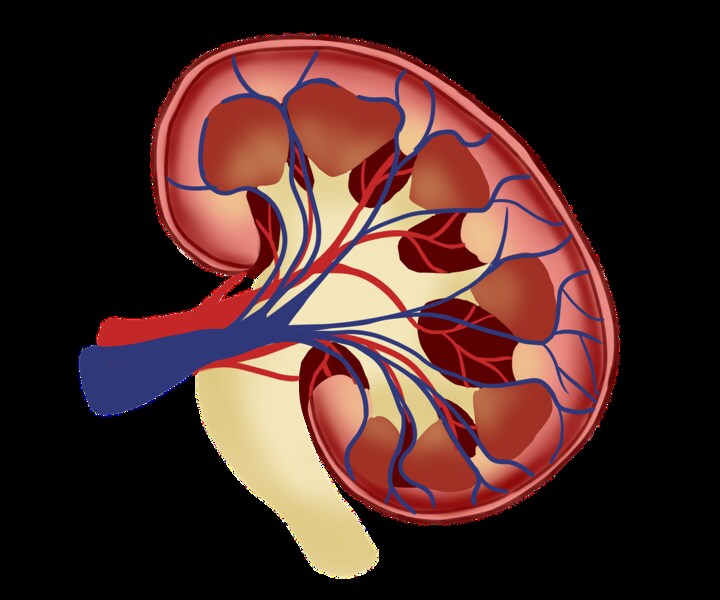
Symptoms often include fatigue, nausea, loss of appetite, swelling in the legs and ankles, and difficulty concentrating.
If you experience these symptoms, it’s crucial to consult a healthcare professional for a proper diagnosis and treatment.
Early detection and management can help prevent further complications and improve quality of life.



Leave a Reply